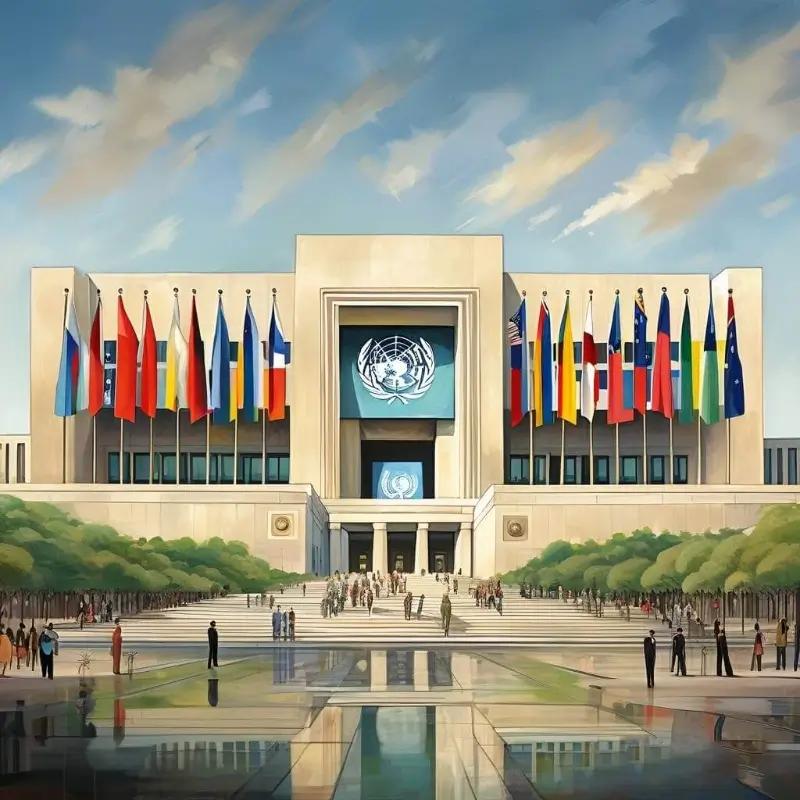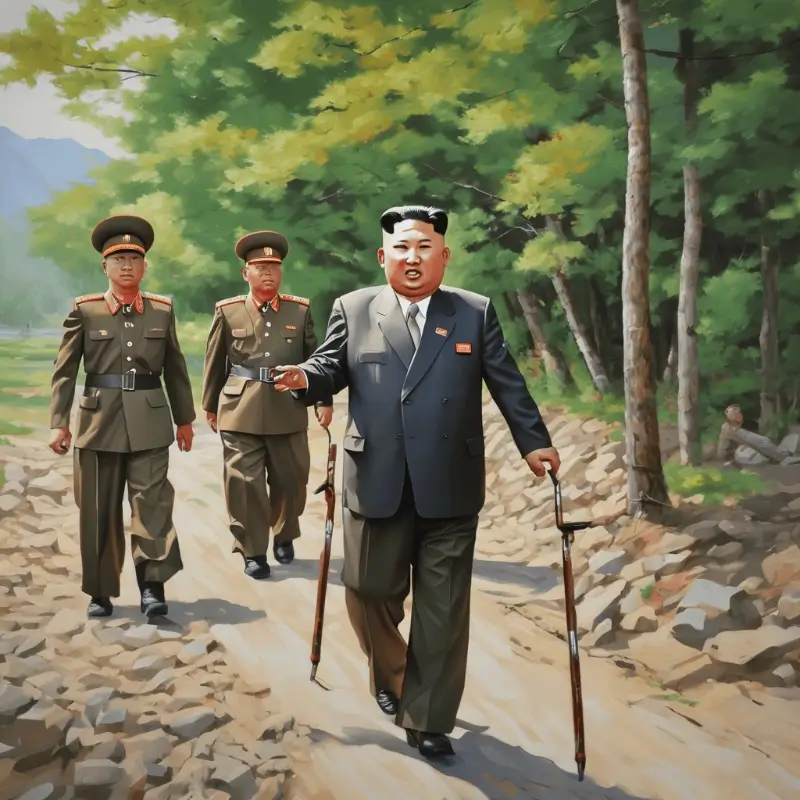why was the United Nations established?
The United Nations (UN) was established on October 24, 1945, following the end of World War II, with the primary goal of maintaining international peace and security, fostering cooperation among nations, and facilitating international law and diplomacy. The creation of the UN was influenced by the League of Nations, its predecessor organization, which had been established after World War I but failed to prevent another devastating conflict.
Key reasons for the establishment of the United Nations include:
- Preventing Future Wars: The most immediate and urgent reason for creating the UN was to prevent another world war. The League of Nations had been created after World War I with this goal in mind, but it lacked the authority and mechanisms to prevent the outbreak of World War II. The UN was designed to be more effective through the creation of a Security Council with the power to impose sanctions and use military force, when necessary, to maintain peace.
- Promoting International Security: The UN was intended to provide a platform for countries to resolve disputes peacefully through dialogue and negotiation rather than through conflict. The Security Council, particularly its five permanent members (the United States, Soviet Union, United Kingdom, France, and China), was given the responsibility to address threats to international peace and security.
- Facilitating global cooperation: The UN was meant to encourage cooperation among nations on economic, social, cultural, and humanitarian issues. It provided a framework for countries to work together on global challenges such as poverty, disease, and human rights abuses.
- Establishing International Law and Human Rights: The UN charter included the promotion of respect for human rights and fundamental freedoms for all without distinction as to race, sex, language, or religion. The General Assembly and the Security Council were charged with recommending international agreements and monitoring their implementation.
- Providing a Platform for Nations: The UN provided a forum for member states to voice their concerns and participate in decision-making on the international stage. This was seen as a way to ensure that the interests of all nations, especially smaller ones, would be taken into account.
- Post-War Reconstruction and Development: The UN was also tasked with helping countries recover from the destruction of war and promote economic development. It has since established specialized agencies, such as the World Health Organization (WHO), the Food and Agriculture Organization (FAO), and the United Nations Children’s Fund (UNICEF), to address specific aspects of international welfare and development.
- Nuclear Non-Proliferation: The UN played a critical role in the non-proliferation of nuclear weapons through the Nuclear Non-Proliferation Treaty (NPT), which was negotiated within the UN framework and entered into force in 1970.
The establishment of the United Nations was a significant step in the development of the modern international system, aiming to provide a more stable and cooperative environment for nations to coexist and address common challenges together.



